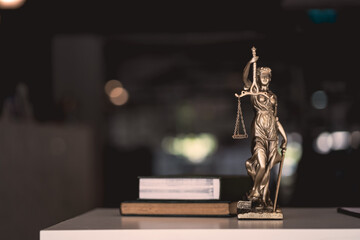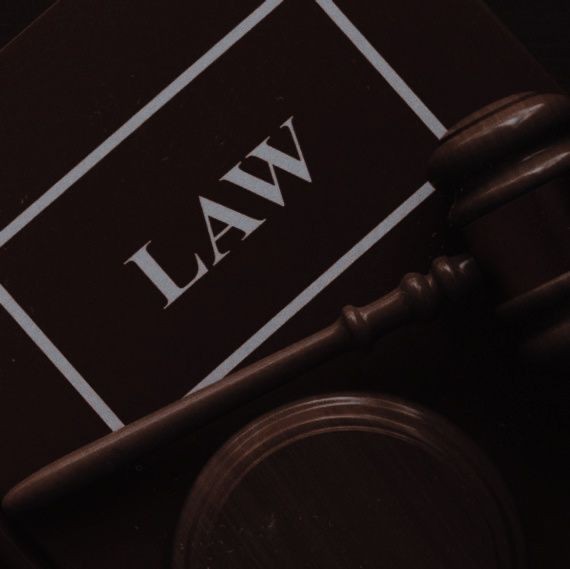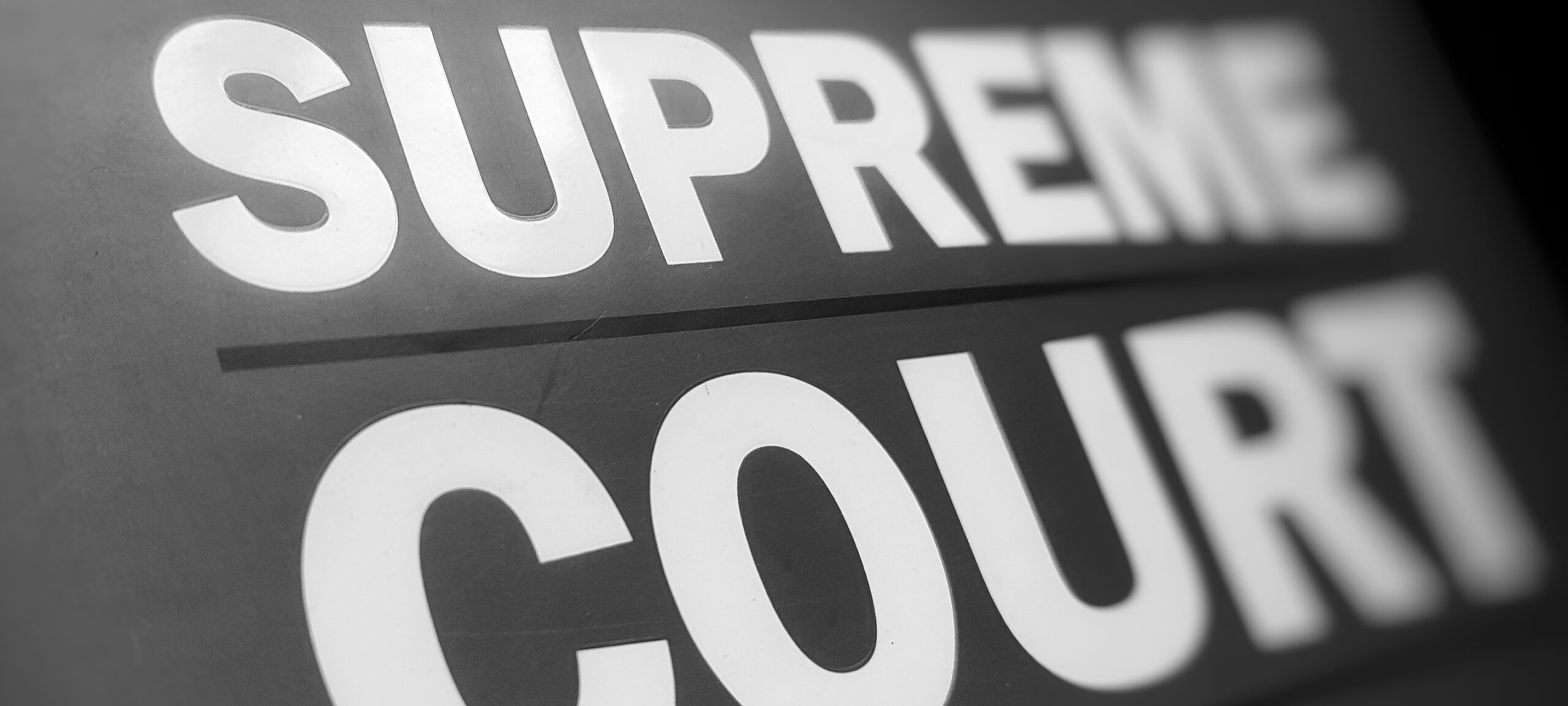Pleadings may be amended to serve justice
O.6 R.17 of the Code of Civil Procedure, 1908 provides for the amendment of pleadings. Where fresh information has come to the parties, where interrogatories have been answered by the opponent eliciting new facts, where existence of certain documents which were unknown to the parties at the time of institution of the suit came out and will reshape the claim or defence; and in all these six situations what the parties to suit will prefer is to amend their pleadings to mould their reliefs. According to O.6 R.17 of the Code, "the court may at any stage of proceedings allow either party to alter or amend his pleadings in such manner and on such terms as may be just, and all such amendments shall be made as may be necessary for the purpose determining the real questions in controversy between the parties". The object behind allowing the amendment of pleading is that, the courts should try the merits of the cases that come before them and should consequently allow all amendments that may be necessary for determining the real question in controversy between the parties, provided that it does not cause injustice or prejudice to the other side. [Patil v. Patil AIR 1957 SC 363]. The provisions for the amendment of the pleadings are intended to secure the proper administration of justice and therefore at any stage the pleadings shall be allowed to be amended in order to meet the ends of justice. Leave to amend the pleadings shall normally be granted so as to enable the real question in issue between the parties to be raised in the pleadings, where the amendment will cause no injury to the opposite side and can be sufficiently compensated by costs or other terms as imposed by Rule. All the amendments are ought to be allowed if it will not cause injustice to the other side; and is necessary for the purpose of determining the real question in controversy between the parties. So what to be considered before a party to be allowed to amend his pleadings is that whether the amendment is necessary for the determination of the real question in controversy and can the amendment be allowed without injustice to the other side. So, when the amendment is sought to avoid multiplicity of suits, or where the parties were wrongly described; or some properties were omitted to be mentioned in the pleadings by inadvertence; or where there is a mistake in the statement of the cause of action; or a bonafide omission has been crept in while making the necessary averments in the pleadings, the court is always at liberty to allow a prayer for the amendment of the pleadings. According to the 2nd condition, no amendment can be allowed, which will cause injustice to the opposite parties. It is also to be considered that "there is no injustice if the other side can be compensated by costs".
Amendment when can't be allowed.
The courts exercise a wide discretionary power in the cases of amendment of pleadings. The Hon. Supreme Court in Ganga Bai v. Vijaykumar [AIR 1974 SC 1126] observed that, "the power to allow an amendment is undoubtedly wide and may at any stage be appropriately exercised in the interest of justice, subject to the law of limitation, because the amendment if allowed, relates back to the date of the suit. Exercise of such far reaching discretionary power is governed by judicial considerations and wider the discretion, greater ought to be the care and circumspection on the part of the court". So, while exercising the wide discretionary power to allow an amendment, the Court can refuse to allow amendment,
- if the amendment is not necessary for the purpose of determining the real question in controversy between the parties;
- if the amendment will introduce a totally different, new and inconsistent case or changes the fundamental character of the suit or the defence;
- if the effect of the proposed amendment is to take away from the other side a legal right accused in his favour by lapse of time; and
- if the application for the amendment is not filed in good faith and lacking bonafides.
So in order to determine that an application to amend the pleadings is to be allowed or not, it is to be taken into consideration; that,
- The amendment can be allowed if it is necessary for determination of the real controversies in a suit;
- The amendment should not alter or cause to substitute a cause of action on the basis of which the original suit was instituted.
- Inconsistent or contradictory allegations in negation to the admitted position of facts or mutually destructive allegations of facts shall not be allowed to be incorporated by way of an amendment.
- It shall not cause injustice or prejudice to the other side, which can be compensated by way of costs.
- Such amendments shall not be hit by limitation.
- It can't be allowed to amend the pleadings, if it will defeat a legal right to the opposite party on account of lapse of time.
- Multiplicity of suits should be minimized.
- An application to amend the pleadings shall not be rejected where the error or mistake crept in are not fraudulent or only a device to protract the litigation.
If the above conditions are satisfied then only an application to amend the pleadings can be appreciated and otherwise not. Leave to amend the pleadings can be granted at any stage of the suit that is, before or after the trial, in appeal either first or second, in revision, or even in execution proceedings, if the decree is legal, lawful and enforceable and otherwise not. Effect of the amendment In a case where an amendment is allowed, such an amendment relates back to the date of the suit. The question of limitation that may arise while allowing such an amendment shall be decided with reference to the date of filing of the plaint or written statement and not with reference to the date of the amendment. In Soman Nair v. Prathapan [1986 KLT 844], it was held that the Court is not bound to ascertain the truth or falsify of the allegations in the petition. The conditions for allowing an amendment only are to be taken into account. In Haridas Aildas Thadani v. Godrej Rustom Kermani [1982 KLT SN.37 P 25], it has been observed that, while allowing the petitions for amendment, the Courts should be liberal in their approaches. In Karunakaran v. Spl. Grade Panchayath, Sreekaryam [1999(1) KLT SN.7 P 6], it was observed that an amendment petition can't be rejected merely for the reason that there is delay in filing the same. The courts should bear in mind the judicial principles, which governs the amendment of pleadings. Sometimes situations may so happen that the parties will be constrained to amend respective original pleadings so as to project their respective cases. The circumstances may change since the original pleadings or there may be compelling situations which warranted in an amendment of the pleadings. Order 6 Rule 17 of the Code provides for such situation. Rule 17 provides that the Court may at any stage of the proceedings allow either party to alter or amend his pleadings in such manner and on such terms as may be just or all such amendments shall be made as may be necessary for the purpose of determining the real questions in controversy between the parties. Provided that, no application for amendment shall be allowed after the trial has commenced, unless the Court comes to the conclusion that inspite of due diligence, the party could not have raised the matter before the commencement of the trial. The power to allow the amendment is wide and can be exercised at any stage of the proceeding in the interest of justice, on the basis of the guidelines laid down by Supreme Court and various High Courts. It is true that the amendment cannot be claimed as a matter of right and under all circumstances. But it is equally true that, the Courts while deciding such prayers should not adopt hyper technical approach. Liberal approach should be the general Rule, particularly in those cases where the other side can be compensated with costs. Technicalities of the law should not be permitted to hamper the Courts in the administration of justice between the parties. Amendment of pleadings is allowed so as to avoid uncalled for multiplicity of litigation. All amendments of the pleadings should be allowed which are necessary for determination of the real controversies in the suit, provided the proposed amendment does not alter or substitute a new cause of action on the basis of which the original lis was raised or defence taken. Inconsistent and contradictory allegations in total negation to the admitted position of facts or mutually destructive allegations of facts should not be allowed to be incorporated in the pleadings by way of an amendment. Proposed amendment should not cause such prejudice to the other side, which cannot be compensated by costs. No amendment shall be allowed which will defeat a legal right accruing to the opposite party on account of lapse of time. The delay in filing the petition for amendment of the pleading should be properly compensated by costs. Unintentional error or mistake should not be a ground to reject an application for amendment of pleadings. [BKN Pillai v. P.Pillai 2000(1) KLT 274/ AIR 2000 SC 614]. Thus, the pleadings of parties in a suit may be allowed to be amended, which may be necessary for determining the real question of controversy between the parties, and causes no prejudice to the opposite parties. Proviso to Rule 7 restricts the power of the Court to allow amendments in the pleadings, after the commencement of the trial, unless it is satisfied that inspite of due diligence, matter sought to be amended, could not have been raised earlier Amendments can be preferred even after the evidence is over or even by the Appellate Court, and the same can be allowed, if the Court thinks that it is necessary for the determination of the real issue. [Rani v. Cathreena 2004(1) KLT 563]. As amendments sought are generally not to be disallowed, delayed applications, tricky applications and those which destruct the other side's valid right of defence, need be considered with care and caution. [Punjab National Bank v. Indian Bank AIR 2003 SC 2284] Where the amendment merely clarifies an existing pleading, and does not in substance add to or alter it, there is no good reason not to allow the same; not even the bar of limitation would come on the way. A matter, which is already there in the original pleadings can always be clarified, and such an amendment should ordinarily be allowed, and in such a case, the question of bar of limitation would not be attracted. [Laxmidas Dahyabhai Kabarwala v. Nanabhai Chunnilal Kabarwala 1964(2) SCR 567].
Suggested readings:-
- Gangabhai Vs. Vijay Kumar AIR 1974 SC 1126
- Gangh Trading Co. Vs. Moji Ram AIR 1978 SC 484
- Roy Vs. Francis 2001(3) KLT 433
- Korah Abraham Vs Varghese 2004(2) KLT 192 5.
- Chandran Vs. Sunil Kumar 2004(3) KAJ 450(DB)(Ker)
- 1999 (2) KLT 118
- ILR 1999 (1) Kerala 87
- 1999(2) KLJ 947
- AIR 1999 Ker. 265
- AIR 2000 SC 614



























